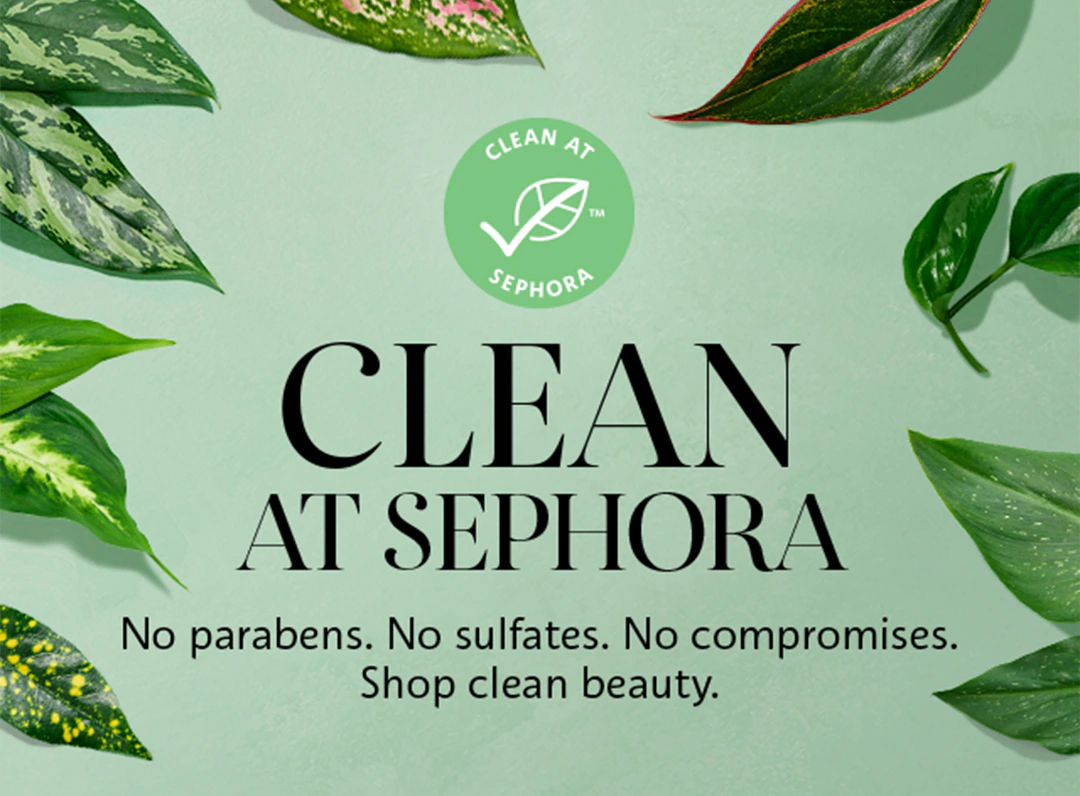
Crypto.com
Ad regulator bans Facebook ad for failing to disclose risks of investing in NFTs.
In April 2013, a federal judge granted final approval of a settlement agreement resolving a class-action lawsuit filed against Woodbolt Distribution in July 2012 alleging that the company deceptively advertised its products, C4 Extreme, M5 Extreme, and N0 Extreme. Specifically, the complaint alleged that Woodbolt falsely marketed these products as safe and effective “pre-workout” dietary supplements producing “explosive energy” (among other benefits), when two of them – C4 Extreme and M5 Extreme – contain DMAA, a dangerous stimulant, and the other – N0 Extreme – contains Carbaglu, an FDA-approved drug with potentially dangerous side effects used to treat Hyperammonemia, a rare genetic disorder. According to the settlement terms, class members may receive received either an $8 cash refund or a free product voucher, and the company is prohibited from including DMAA and NCG as ingredients in the products for a period of three years. For more information, go to www.gilardi.com/extremeproductssettlement. (Glover, et al. v. Woodbolt Distribution, Ltd., et al., Case No. 12-cv-02191, S. D. TX.).
Ad regulator bans Facebook ad for failing to disclose risks of investing in NFTs.
Lawsuit alleges cosmetics marketed as ‘clean’ contain dirty ingredients.
And the regulatory efforts that seek to curb them.
TINA.org flags SAM.gov imposters.
TINA.org flags SAM.gov imposters.



